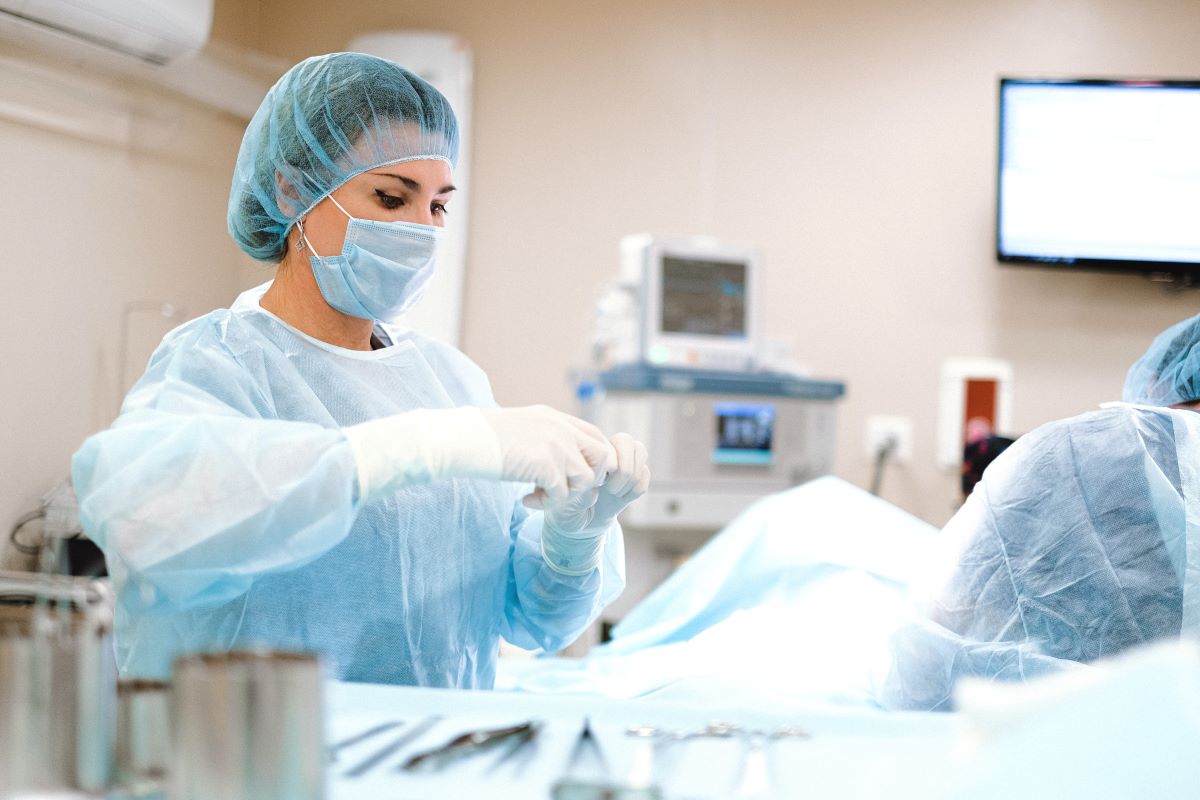In the ever-evolving field of healthcare, there are a multitude of roles and positions that play crucial roles in ensuring the well-being of patients. Two such roles that are often confused due to their similar-sounding names are Medical Assistants (MAs) and Physician Assistants (PAs). While both roles contribute to the healthcare system, they differ significantly in terms of their scope of practice, education, and responsibilities. In this blog post, we'll explore the distinctions between these two professions and help you understand the unique roles they play in the healthcare industry.
Medical Assistant vs. Physician Assistant: Role and Responsibilities
Scope of Practice
One of the primary distinctions between Medical Assistants (MAs) and Physician Assistants (PAs) lies in their scope of practice. MAs typically work under the supervision of licensed healthcare providers, such as physicians or nurse practitioners. Their responsibilities include tasks like taking patient medical histories, measuring vital signs, preparing patients for exams, and performing basic laboratory tests. They also assist with administrative duties like scheduling appointments, managing patient records, and handling insurance forms.
In contrast, Physician Assistants (PAs) have a significantly broader scope of practice. They are licensed to diagnose and treat patients, prescribe medication, and develop treatment plans. PAs work in collaboration with physicians and can provide a wide range of medical services, including performing physical examinations, interpreting diagnostic tests, and even assisting in surgical procedures. The key difference is that PAs have the authority to make medical decisions and treatment recommendations, while MAs assist in implementing these decisions.
2. Education and Training
Another significant difference between MAs and PAs is the level of education and training required for each profession. Medical Assistants typically complete a one- or two-year certificate or diploma program, which covers essential medical assisting skills and administrative tasks. These programs can be found in community colleges, vocational schools, or online platforms. After completing their education, MAs may choose to become certified through organizations like the American Association of Medical Assistants (AAMA) or the American Medical Technologists (AMT).
On the other hand, Physician Assistants follow a more extensive educational path. They typically hold a bachelor's degree and then complete a two-year accredited PA program, usually at the master's level. PA programs are rigorous and cover a wide range of medical subjects, including pharmacology, anatomy, and clinical rotations. After graduation, PAs must pass the Physician Assistant National Certifying Exam (PANCE) to become licensed and practice medicine under the supervision of a physician.
3. Autonomy and Decision-Making
The level of autonomy and decision-making authority is another key difference between Medical Assistants and Physician Assistants. MAs work closely with healthcare providers and follow their instructions to complete tasks. They do not make medical diagnoses or treatment decisions independently. MAs rely on their supervising physicians or nurses for guidance on patient care.
In contrast, Physician Assistants have a higher degree of autonomy. While they collaborate with physicians, they can make independent medical decisions, diagnose conditions, and formulate treatment plans for patients. PAs are trained to exercise clinical judgment and are often called upon to make critical decisions in emergency situations or when a physician is not immediately available.
4. Patient Care Setting
Medical Assistants and Physician Assistants often work in different healthcare settings. MAs are commonly found in ambulatory care facilities such as clinics, private practices, and outpatient centers. They primarily assist with routine patient care, administrative tasks, and basic clinical procedures. MAs have a diverse range of duties, making them valuable members of healthcare teams in various outpatient settings.
On the other hand, Physician Assistants can work in a more extensive array of healthcare settings, including hospitals, surgical centers, and specialty clinics. Their ability to diagnose and treat patients makes them versatile providers who can address a broader spectrum of medical conditions. PAs are often involved in inpatient care, surgery, and specialty areas like cardiology, orthopedics, or emergency medicine.
5. Career Advancement and Specialization
Both Medical Assistants and Physician Assistants have opportunities for career advancement, but the paths they take are distinct. MAs can choose to pursue certification in specialized areas such as phlebotomy or EKG technician, which can open up new career prospects within medical assisting. Additionally, MAs may explore administrative roles in healthcare management or medical office management.
For Physician Assistants, career advancement typically involves gaining experience in a specific medical specialty. PAs can choose to specialize in areas like dermatology, pediatrics, surgery, or cardiology by completing additional training and certifications. Specializing allows PAs to develop expertise in a particular field and may lead to higher earning potential and leadership roles within their chosen specialty.
Get Started in Medical Assistance Today
In summary, while Medical Assistants (MAs) and Physician Assistants (PAs) both contribute to patient care, they differ significantly in terms of their scope of practice, education, autonomy, patient care settings, and career advancement opportunities. Understanding these differences is essential for aspiring healthcare professionals to make informed career choices.

If you are interested in pursuing a career as a Medical Assistant and want to develop the necessary skills, consider enrolling in the Health Tech Academy Medical Assistant Bootcamp. Our program offers self-paced learning, one-on-one sessions with career mentors, and continued support from our career services team. With our comprehensive training, you can embark on a rewarding career in healthcare as a skilled and knowledgeable Medical Assistant. Start your journey with us today and make a meaningful impact on the healthcare industry.



